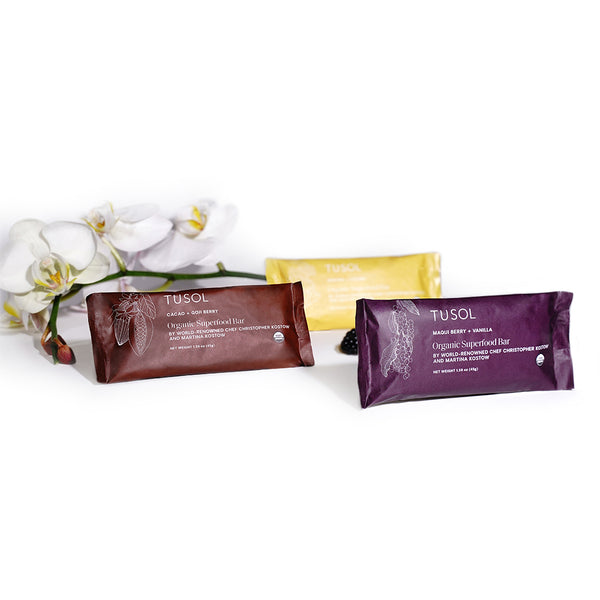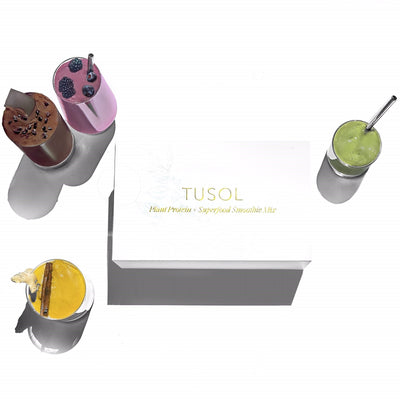Traditional coffee does not give us enough information about its origins and production conditions. It is frequently grown in large plantations that employ agrochemicals. But let's talk about fair trade coffee. Between 30-40% of it is organically grown, which leads us to think about its advantages: Natural, authentic, and with guaranteed traceability [1]. These are some definitions of organic products from the Ministry of Agriculture, Fisheries, and Food, which also indicate that, according to producers, the natural products they develop allow their food to have that authentic flavor.
What is Fair Trade?
Fair Trade places human beings and social sustainability at the center of its business model. It also strives to ensure environmental sustainability in the production areas and respect the environment and societies [2]. Fair trade also promotes the sustainable management of natural resources through responsible management. In addition, one of the maxims of this business philosophy is to put farm-workers first, ensuring that they receive good working conditions, including good health care, and promoting ownership of the crops they farm.
What does Fair Trade Certification mean?
According to Fair Trade Standards for Producers and Traders, Fair Trade certification is a product certification system where social, economic, and environmental aspects are certified [3,4].
The Fair Trade Certified system monitors the purchase and sale of the product until it is packaged and labeled ready for the consumer. Afterward, certificates are issued when a physical inspection certifies that all applicable Fair Trade Standards have been adhered to in each case.
Certified Fair Trade products show that they fulfil all the Fair Trade Standards. By buying fair trade certified products, you can be sure that your purchase is making a difference.
What is Fair Trade Coffee?
Coffee is one of the most importantly fair trade product activities. Its production in various areas of Africa, South America, and Central America means that disadvantaged communities work part of the plantations with difficult access to the main markets and progress. As a result, systems such as fair trade have become vital to guarantee their development and sustainability. Some of the common objectives of fair trade in communities dedicated to coffee production are:
- Satisfactory working conditions and pay for producers.
- Abolition of child exploitation.
- Equality between men and women.
- Respect for the environment and the surroundings.
- Preservation of the environment.
- Community development.
Conventional Coffee vs. Fair Trade Coffee
These are the main differences between fair trade and direct trade:
Fair Trade
- Non-profit organizations regulate the standards.
- The primary objective is to improve the lives of coffee farmers and workers (with high-quality results)
- Fair Trade Certified brands will have a logo on the packaging.
Direct Trade
- Individual companies regulate standards
- The primary objective is to improve the quality of the coffee (but improves lives as a result)
- There is no official direct trade certification or logo at this time.
Benefits of Fair Trade Certified Coffee
Healthy Consumers
Mass-produced coffee companies strive to produce as much coffee as possible at the expense of taste and quality. FairTrade coffee tastes better and is better for health. It is grown in the rainforest more slowly and naturally. In addition, the coffee retains all its nutrients because it is grown without pesticides or chemicals, leading to higher quality products [5].
Organic fair trade coffee has a pressing process that does not use chemicals. In addition, the soil of organic coffee maintains its complex nutrient base. This soil base supplies the bean with a large number of nutrients, slowly and steadily. As a result, the cultivation process gives the beans a robust and smooth flavor and preserves their vitamin and mineral content.
High in vitamins and minerals
Naturally grown coffee preserves the nutrients lost in the refining processes of industrial coffee.
Guards against diseases
If consumed without added sugars or other processed products, Fair Trade coffee is very beneficial for health.
Reduce the risk of chemical ingestion
Fair Trade coffee is unique because it uses far fewer pesticides and other chemical ingredients than conventionally farmed coffee. This is a fascinating aspect, especially given how many additives are present in all of our foods.
Empowered Coffee Farmers
Safe working conditions
Another important aspect of fair trade coffee is that the farms are much smaller in size. Therefore the conditions of the workers are much better than in industrial crops.
Help support small coffee producers
Sometimes, small coffee farmers compete to be suppliers of large multinational brands, which means that they have to adjust their prices and sell their production practically at a cost price. Unfortunately, that translates into producers having barely enough to survive and can never get out of poverty.
Fair Trade is a model that changes the rules of the game for producers from three perspectives:
- More equitable distribution of the value chain, through implementation of the FairTrade minimum price that must be paid to producers.
- An economic activity that promotes the development of the most disadvantaged communities and small-scale farming families.
- An ecological agricultural production that is committed to sustainability and people's health.
Farming education
Education in agriculture according to the FairTrade standards is another important key factor to consider. This is due to Fair Trade assisting small farmers in small fair trade farming. Therefore, it is much more accessible to get information on how small-scale farms work, and more knowledge reaches the community. In turn, this has a positive effect on the community, including community development.
Healthier Environment
Promote Organic Food Supply Chain
Stable coffee prices: 42% of coffee contracts traded on the New York Stock Exchange were for speculative purposes in the last ten years.
Passing the goods through a tax haven before arriving in the destination country is another harmful practice in the traditional coffee trade. This supply chain increases the market price and keeps most of the profit from the activity in a tax-free zone.
Foster Community Development
Cooperatives: With the FairTrade premium they receive, the coffee cooperatives decide democratically the use of this premium in projects that support the development of their community and additional development projects.
Community projects: Farmers in cooperatives like ACPCU in Uganda have learned to appreciate the advantages of agriculture that can achieve good yields without fertilizers and pesticides that, in addition to damaging their meager economy, seriously threaten their health. And taking care of the farmer is taking care of feeding the population.
Local market: In conventionally traded coffee, 11% of the final price of the product is carried by the country of origin: producers and intermediaries who are responsible for picking, cleaning, grinding, and local transportation of the coffee. FairTrade certified coffee keeps more of the money in the country of origin [4].
Global market: Coffee's minimum selling price is not fixed freely but is made public on international financial exchanges. The supposed effectiveness of this pricing mechanism is tarnished by the existence of speculative practices that seek to obtain benefits by affecting the price of a product on which thousands of producing families around the world depend.
Sustainability
Environmental sustainability: Since its inception, Fair Trade has incorporated a standard of environmental sustainability. In many cases, it is accompanied by a specific organic production certificate, more because of market demand for such certification than because Fair Trade production itself is not ecologically sustainable.
Sustainable business model: The combination of collective production and fair marketing has proven to be the most efficient formula for generating sustainable development in rural areas of developing countries.
Social Impact of Your Food Choices
The conventional food trade system is based on an agricultural model dominated by large farms, which are generally less socially and environmentally sustainable than small-scale agriculture [5]. An example of these is the system of rice intensification developed by small-scale farmers in India, Indonesia, and Vietnam that produces an average increase in yields of 47% and a 40% reduction in water use while allowing an average increase of 68% in farmers' incomes.
Your food decisions impact your health, global communities, and the environment [6]. As a consumer, what you pay for your coffee will ultimately affect the producers and their working conditions. Fair Trade is committed to organic farming and climate change which is beneficial for environmental and health reasons. So buy fair trade coffee beans or fair trade products, pay a fair price and support your local cooperative community and farmers. Make smart food choices and benefit from being a part of the supply chain.
Optimize your health with naturally grown coffee found in our Superfood Smoothies and Lattes.
References:
- Pierrot, J., Giovannucci, D., & Kasterine, A. (n.d).World market for organic coffee: https://www.thecoffeeguide.org/coffee-guide/niche-markets-environment-and-social-aspects/world-market-for-organic-coffee/
- Fair trade Foundation. (2021). What is fair trade? https://www.fairtrade.org.uk/farmers-and-workers/coffee/about-coffee/
- Fairtrade International. (n.d). Fairtrade standards. https://www.fairtrade.net/standard/fairtrade-standards
- Fair Trade USA. (2021). Frequently asked questions. why fair trade? https://www.fairtradecertified.org/frequently-asked-questions
- Lee, Y., & Bateman, A. (2021). The competitiveness of fair trade and organic versus conventional coffee based on consumer panel data. Ecological Economics, 184, 106986. https://www.sciencedirect.com/science/article/pii/S0921800921000446
- Summers, G., Haggar, J., & Nelson, V. (2017). Fairtrade impacts on coffee farmers: NRI’s in-depth evaluation published. University of Greenwich. Natural Resource Institute. https://www.nri.org/latest/news/2017/fairtrade-impacts-on-coffee-farmers-nri-s-in-depth-evaluation-published














